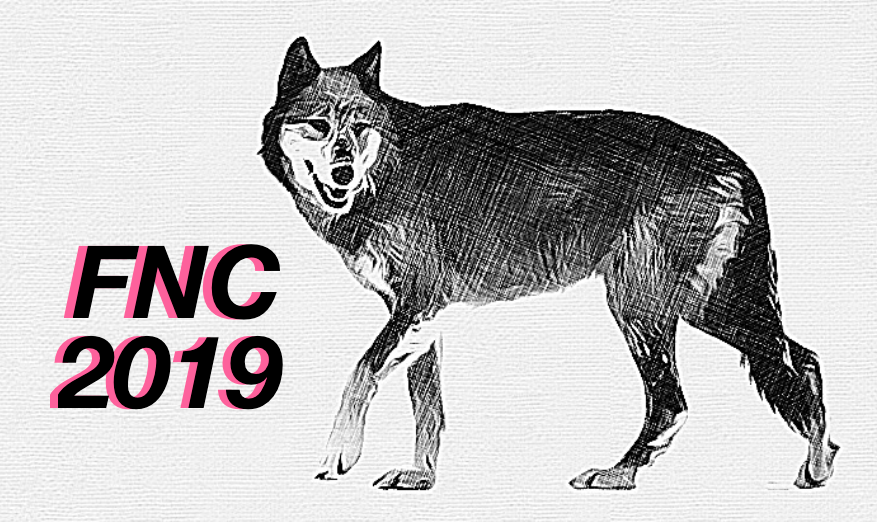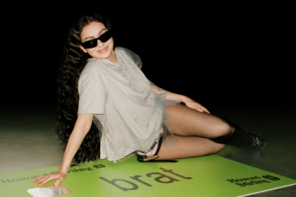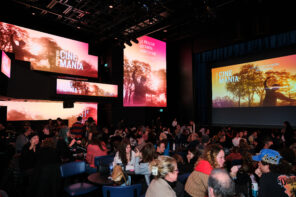Bong Joon Ho’s new thriller Parasite is a towering work; at once Bong’s most daring filmmaking and his tightest. If you’ve seen Bong’s English-language films Snowpiercer and Okja, you may think you know what to expect: a wildly swerving tone, a leftist political bent, dark humour, a sense of play with genre convention, and a formal bravado that comes through in sequences of virtuoso tension. All of that comes through in Parasite, but what’s new in this homecoming to Korea is a sense of despair and specificity that balances the genre play, and grounds it in the real world. For the first hour or so, we’re swept into a brutally funny escalation of scheming and lies that plays like a Hitchcockian thriller, a heist film (where nothing is actually stolen), and a portrait of two different family dynamics, each sympathetic and villainous in different ways. Where it goes from there, I won’t dare give away. This film operates like one of those signature Bong sequences (like the chase in Okja and the sniping sequence in Snowpiercer) extended to feature-length, delivering shock and awe with its smallest gestures. See this masterwork unspoiled, as soon as possible.
The family dynamic portrayed in Marriage Story, the new film by Noah Baumbach, undergoes a similar disintegration and transformation. This portrait of a divorce and custody battle that goes from amicable to ugly has earned comparisons to Kramer vs. Kramer, but it’s far more even-handed, allowing both parents moments of sympathy and monstrous behaviour. Baumbach’s formal approach is very theatrical, complete with one-take monologues, musical numbers, shouting and crying matches, and bold supporting turns by a fabulously passive-aggressive Laura Dern and an ornery, swollen Ray Liotta. But when he does shoot for a cinematic effect, he scores — his signature formal gesture in this film, a cutaway from a seemingly-private conversation to an observing audience that we previously hadn’t seen, underscores his signature anxiety about the process. For Baumbach, what’s especially awful about this divorce is its public exhibition. That it manages to be so emotionally draining, while also being laugh-out-loud funny and stunningly minute, is proof that Baumbach’s instincts as a director have never been more finely tuned.
Vitalina Varela, the new film by Pedro Costa, is a sort of epilogue to his Fontainhas trilogy, and thus a good reason to become acquainted with the rest of the work by this Portuguese master. Simply put, nobody is more in tune with the textures of digital cinema, and in particular, the textures of darkness and shadows. Costa shoots the poor Lisbon neighbourhood of Fontainhas in a nigh-inescapable chiaroscuro, shrouding his figures and locations in shadow even in scenes set during the daytime. The textures one can see are deeply heightened, uncannily vivid, especially the eyes of the titular actress.
Likewise, the film’s slow-moving montage, pervasive silence, and digital photography that smears movement create an unshakeable dreamlike effect, surreal and metaphysical despite the down-to-earth story. If you’re easily bored, you will be put to sleep by this film’s dreamlike pace. But from the very first image, a stone wall emerging from the shadow, capturing the movement of a man with a cane, slowly overtaken by a crowd of workers, all passing into light and into darkness again, as if they are passing through existence itself, cast a spell on me that I suspect I’m still under. It’s at once ascetic and, in its own way, bombastic; not a single shot is less than splendorous and not a single gesture less than hypnotizing.
Speaking of master filmmakers you should get to know: I had been waiting for Brazilian filmmaker Kleber Mendonca Filho to make the masterpiece that I knew he could, ever since his 2012 feature Neighbouring Sounds. I’m pleased to report that Bacurau is that very masterpiece: a boldly stylistic, politically urgent, deeply funny and deadly serious film. This is Filho’s third examination into the sociopolitical troubles of modern Brazil – in fact, this film is set in “the near future,” to both comedic and highly despairing effect – but the first time he has portrayed a rural setting, in this case, the lively town of Bacurau, so far in the mountains that it’s nearly off the map.
The first half of this film seems to be a straightforward portrait of a rural community, though Filho shoots it with his signature stylistics – zooms, split diopter lenses, frenzied montage, and a bold soundtrack. But sometime in the film’s midsection, a profound shift occurs (I’m being vague because this film, like all the others, should be seen with as little plot knowledge as possible) and the film powers through to a truly spectacular conclusion, making superlatively satisfying use of each member of Bacurau’s ensemble cast. Simply put, of the surprising number of films this year concerning the global rise of fascism and environmental despair, none are more hopeful than Bacurau. That it drums up this hope while remaining clear-eyed, without downplaying the danger or seeming the least bit naive, and while still playing perfectly as a fun-filled romp for a wide audience, is miraculous; its near-future setting signals its depiction of the way forward. Do not miss Bacurau. See it in a crowded theatre, one filled with Brazilians if possible.
At long last, there is Terrence Malick’s new film A Hidden Life, an intimate historical drama about the Nazi takeover of Radegund, Austria and one man’s refusal to swear an oath to Hitler. It operates with a certain emotional purity that is amplified by its gorgeous, tactile imagery, natural light, and freeform camera. Malick’s films, long and winding, twirling and whispering, are hard to describe and even harder to sell. Many find him pretentious, boring, weird, and unbearable. Many others are correct about him. If you like Malick, you will be steamrolled by this film’s purity of will and emotion, its focus on a man, his wife, and his community. As it stands, this is my favourite film of the year.








